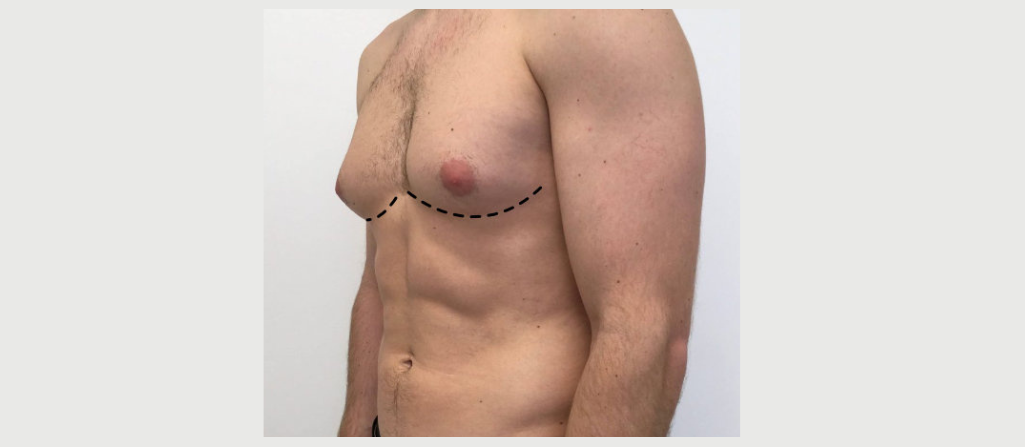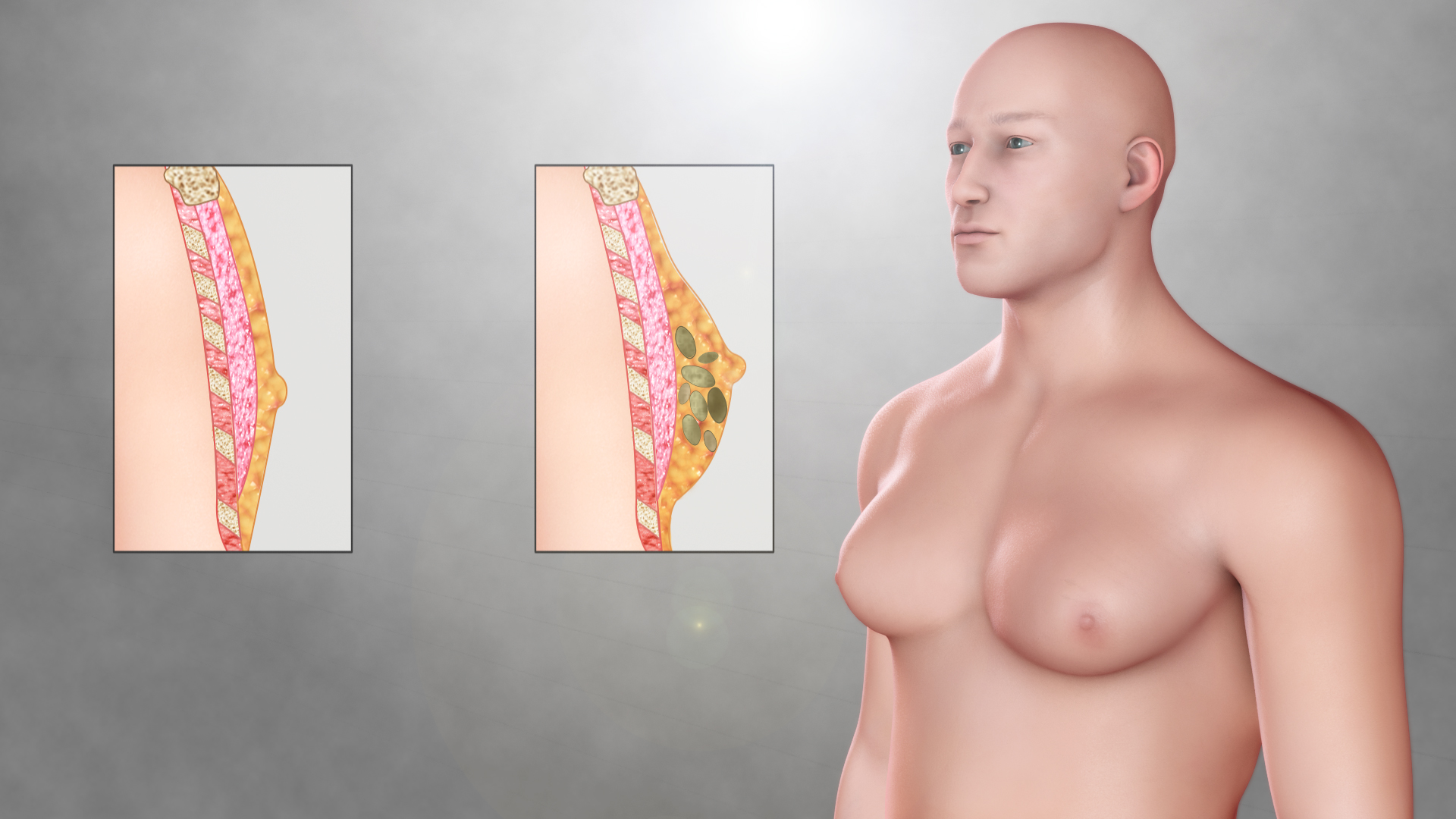Low testosterone, or low-T, happens when the testicles do not produce enough testosterone. This hormone plays an important role in bone strength, muscle growth, and sexual function. When levels are too low, common symptoms may include loss of bone density, muscle mass reduction, and a decrease in sex drive.
Testosterone levels naturally decline with age, usually beginning between ages 30 and 40. For some men, the decrease happens gradually, while for others, health conditions, medications, or injuries can cause testosterone levels to fall more quickly. Some men experience no symptoms at all, while others notice a wide range of effects.
Low Sex Drive
A reduced interest in sex is one of the most common signs of low testosterone. Men may find that sexual thoughts occur less often and that touch, words, or visual cues are less stimulating. As a result, sexual activity may decrease.
It is normal for sex drive to lessen somewhat with age, but a complete loss of interest is not considered typical.
Decreased Semen Volume
Testosterone supports the seminal vesicles and prostate in producing semen. When testosterone levels are low, semen production drops, leading to smaller amounts during ejaculation.
Although low testosterone does not always cause infertility, it may reduce the likelihood of conception.
Erectile Dysfunction
Because testosterone is essential for sexual function, low levels can contribute to difficulties achieving or maintaining an erection. However, erectile dysfunction often has multiple causes, including nerve function and blood circulation, not just low testosterone.
Body and Facial Hair Loss
Testosterone supports the development of male traits such as body and facial hair. Low levels may cause thinning of armpit, pubic, or chest hair, and slow beard growth. Hair loss on the scalp, however, is usually caused by genetics rather than testosterone levels.
Fatigue
Low testosterone can lead to chronic fatigue and low energy, even after adequate rest. In some cases, this may be linked to anemia, since testosterone supports red blood cell production.
Loss of Muscle Mass
Testosterone stimulates protein synthesis, which helps build muscle. Men with low testosterone often lose muscle mass, making the body appear less defined and weaker. Muscle loss may also contribute to fatigue.
Increased Breast Tissue
A hormonal imbalance between testosterone and estrogen can cause men to develop larger breasts, a condition known as gynecomastia. This is more common in older men and in those with higher body fat. It can also occur as a side effect of testosterone-blocking treatments, such as those used for prostate cancer.
Loss of Bone Density
Testosterone maintains bone mineral density. Low levels increase the risk of weakened bones, fractures, and osteoporosis.
Depression
Men with low testosterone may experience depression or anxiety. The exact link is unclear, but some studies show that testosterone replacement therapy can improve mood in older men.
Symptoms in Women
While low testosterone is less commonly a problem for women, they still need a certain level for healthy bones, muscles, and sex drive. Women with lower testosterone may experience symptoms like reduced libido or decreased muscle mass, although evidence is still limited.
Symptoms in Children
Though uncommon, low testosterone in children—especially boys before or during puberty—may cause:
-
Slowed growth rate with disproportionately long arms and legs
-
Reduced pubic hair
-
Limited growth of the penis and testes
-
Less deepening of the voice
-
Muscle weakness
-
Low endurance
When to See a Healthcare Provider
If symptoms such as low sex drive, fatigue, or mood changes affect daily life, it is important to consult a healthcare provider. Diagnosis often begins with a blood test to measure testosterone levels, including both total and free testosterone.
A Quick Review
Testosterone naturally declines with age, but for some men, levels fall more quickly or drop too low. Low testosterone can cause a variety of symptoms, including reduced libido, fatigue, loss of muscle mass, bone weakness, and mood changes. If you suspect low testosterone, seek medical advice for testing and treatment options.






